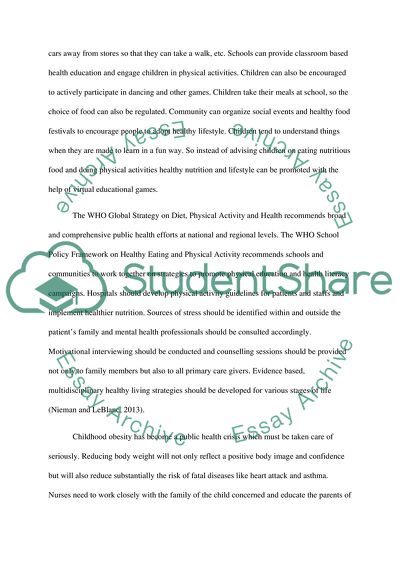Psychosocial factors Essay Example | Topics and Well Written Essays - 500 words. https://studentshare.org/medical-science/1803595-childhood-obesity-psychological-factors
Psychosocial Factors Essay Example | Topics and Well Written Essays - 500 Words. https://studentshare.org/medical-science/1803595-childhood-obesity-psychological-factors.


